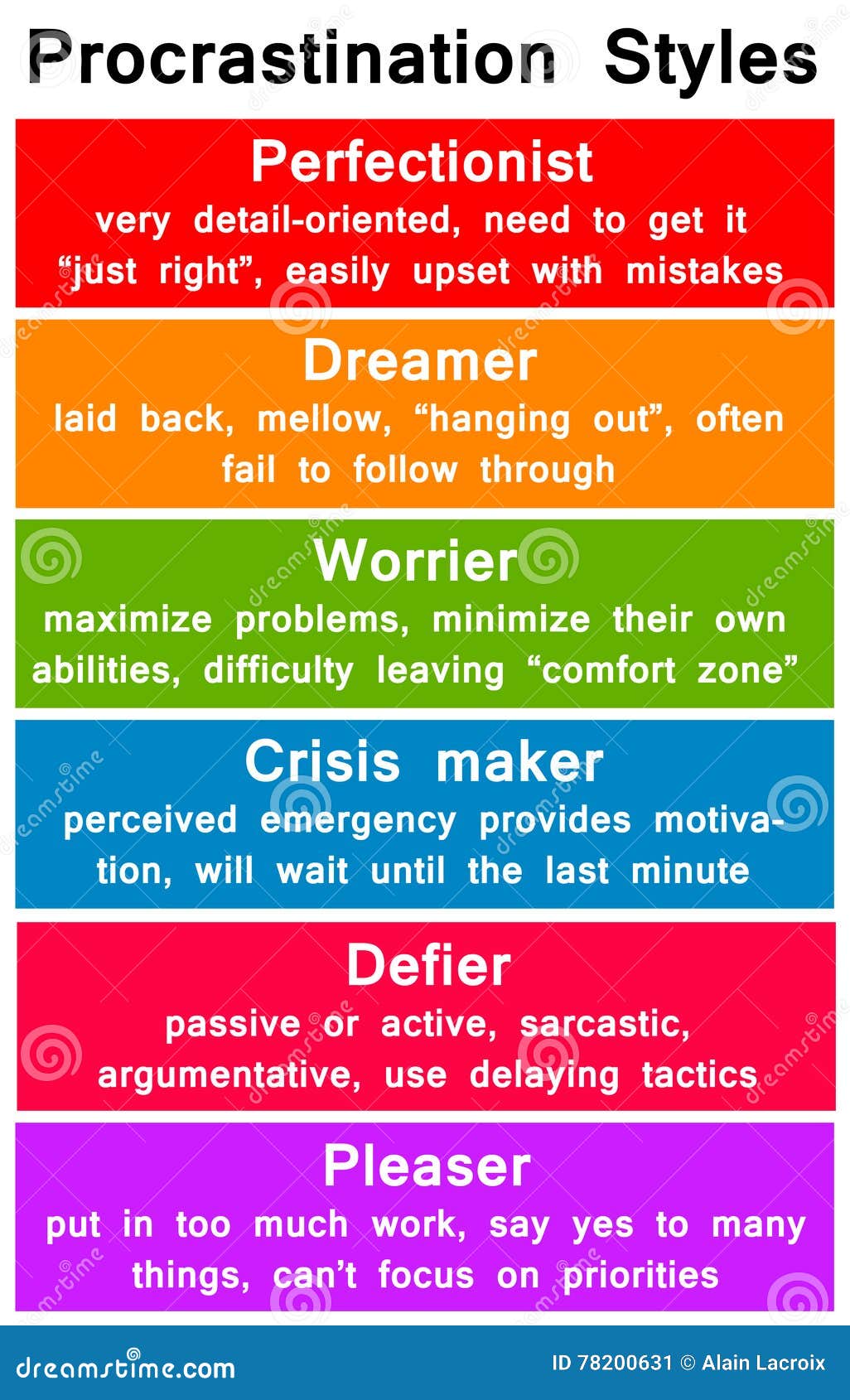Understanding the Cognitive Basis of Procrastination, Emotional Dependency, and Impostor Syndrome
Understanding the Cognitive Basis of Procrastination, Emotional Dependency, and Impostor Syndrome
Blog Article
Throughout our routines, we often encounter psychological obstacles that affect our well-being and success. Among the procrastinadora most common procrastinador significado issues are procrastination, emotional dependency, and impostor syndrome. These problems not only disrupt personal and professional life, but addressing them can lead to significant personal improvement.
In this article, we’ll explore what these issues are, why they occur, and effective strategies to manage them. With the right insights, you can take control of your habits and live a more fulfilling life.
The Definition and Causes of Procrastination
Procrastination refers to the act of delaying tasks that are important. It is commonly caused by fear of failure, perfectionism, or lack of motivation.

Studies reveal that procrastination is rooted in the brain’s preference for short-term rewards. Common causes include poor time management, low energy levels, and overwhelming workloads. Recognizing these triggers is essential to addressing the issue effectively.
What is Emotional Dependency?
Emotional dependency occurs when someone relies heavily on others for approval, validation, or support. While building relationships is fundamental, excessive emotional dependency leads to imbalance and stress.
People with emotional dependency may struggle to make independent decisions. This behavior often stems from childhood experiences, such as a fear of abandonment or low self-esteem. Building self-awareness and working on personal growth can help foster healthier, more independent relationships.
What is Impostor Syndrome?
Impostor syndrome refers to the internalized fear of being exposed as a fraud. Despite achieving success, individuals with impostor syndrome doubt their own abilities.

This mindset results in anxiety and self-doubt, hindering personal and professional growth. Studies have found that addressing impostor syndrome requires practicing self-compassion and recognizing personal achievements.
Strategies to Overcome These Challenges
If you want to improve your habits and mindset, consider implementing the following strategies:
- For procrastination: Break tasks into smaller steps and practice time management strategies such as the Pomodoro Technique.
- For emotional dependency: Develop self-reliance through activities like self-reflection and personal growth exercises.
- For impostor syndrome: Document your successes and remind yourself of past accomplishments regularly.
The key to lasting change—adopt these habits gradually to achieve sustainable results.
Conclusion: Taking Charge of Your Mental Habits
Procrastination, emotional dependency, and impostor syndrome can be overcome with dedication and the right tools. When you take proactive steps to address these issues, you can achieve significant personal growth.
Begin today—pick a single habit to focus on and apply it consistently. Over time, you’ll see improvements in your mindset and daily life.
Report this page